Articles containing: mental health
The Vital Role and Methods of Mental Health Advocacy
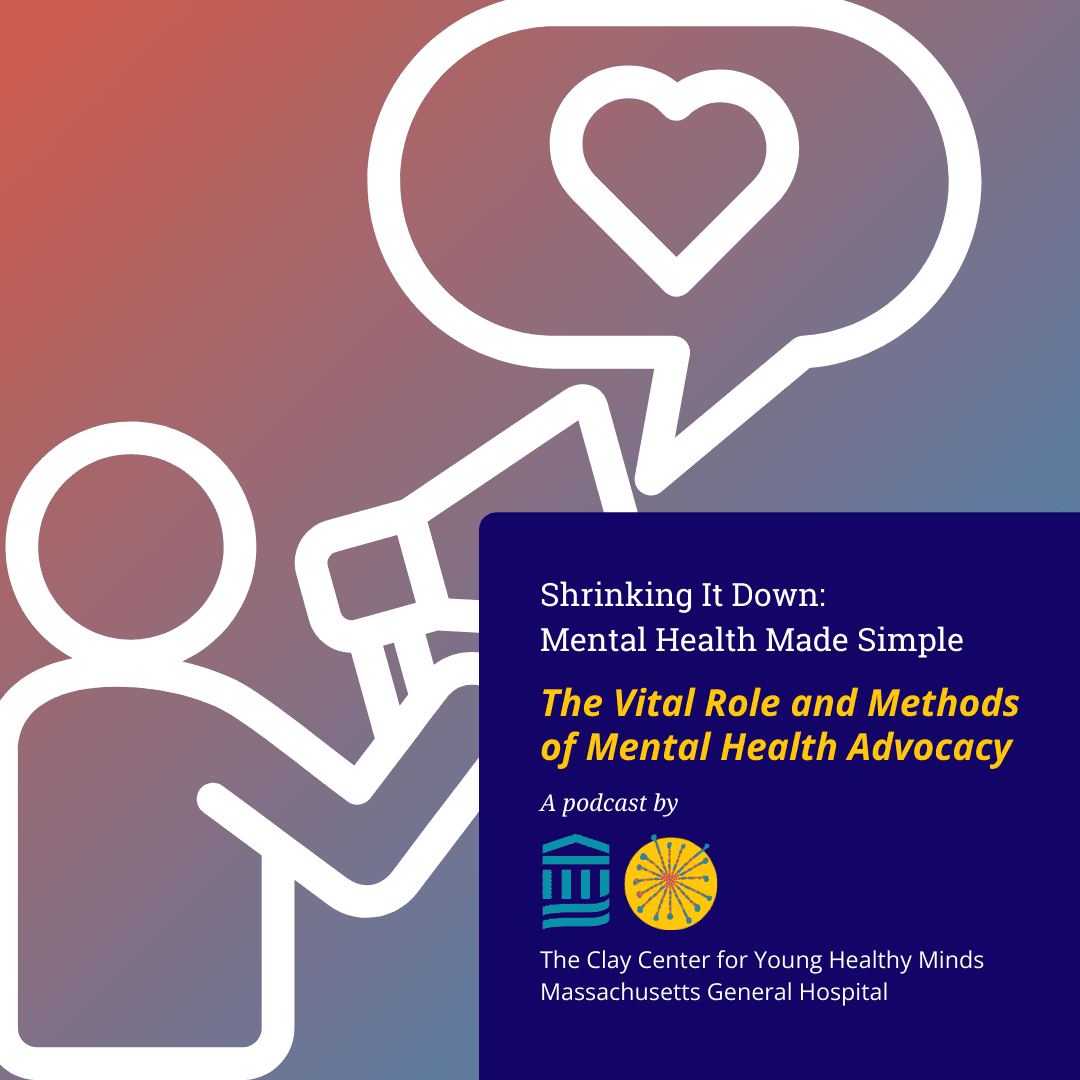
Why are our young people struggling so much?
In this special episode for Mental Health Awareness Month, Gene and Khadijah dive into the growing youth mental health epidemic.
这不是负担:如何与您的亚裔孩子谈论心理健康
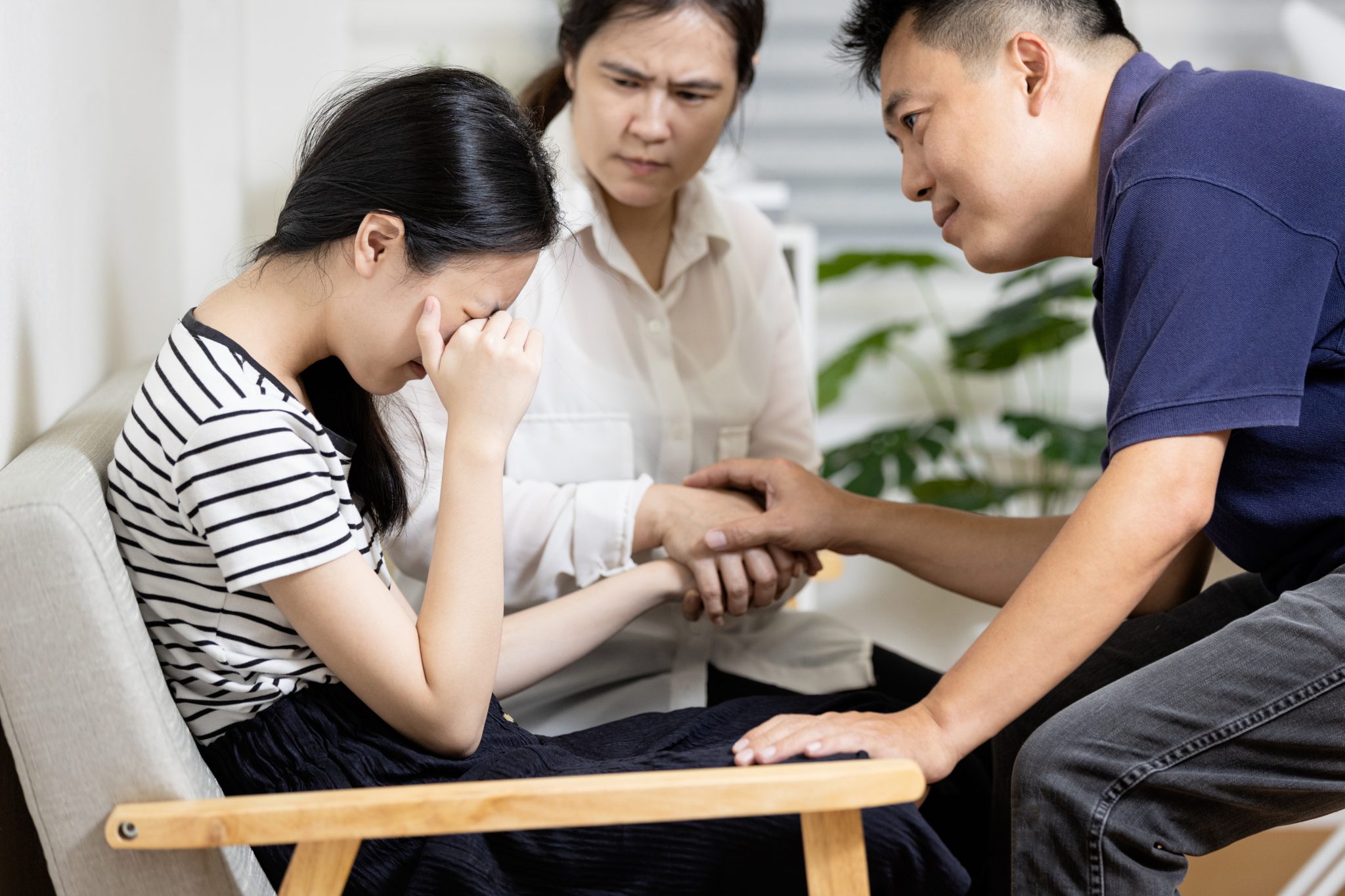
This article is also available in English
“你听说小敏的女儿在看心理医生了吗?”
“我听说阮家朋友的正在读高中的儿子试图自杀。”
“那家人有心理问题。”
近年来,您可能听到社区中有人低声议论青少年日益严重的心理健康危机。
您并不居少数。�
It’s Not a Burden: Talking with Your Asian Child About Mental Health

This article is also available in Chinese
“Did you hear that Xiaomian’s daughter is seeing a therapist?”
“I heard the son of the Nguyens’ family friend tried to overdose at his high school.
Talking With Your Kids About the Current Chaos
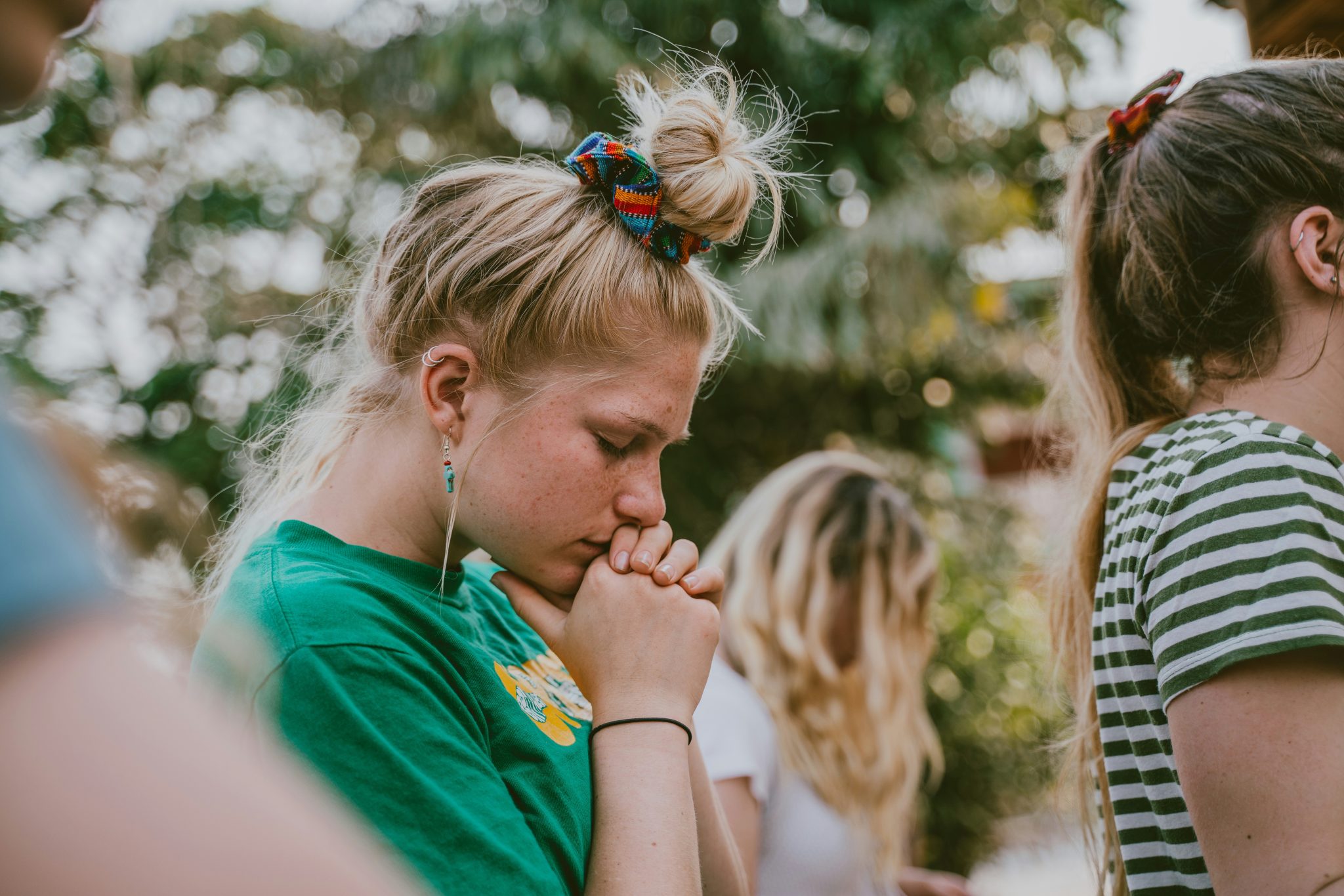
Our kids of all ages are hearing about the current dangers in society on TV, radio, and digital media. They along with parents and caregivers are scared. And for good reason.
Among the present threats include: fears about the economy, access to healthcare, drastic reductions in medical research, war, social outrage, and political unrest.
Navigating Special Education in Schools Part 2: Working with the Team and Your Child
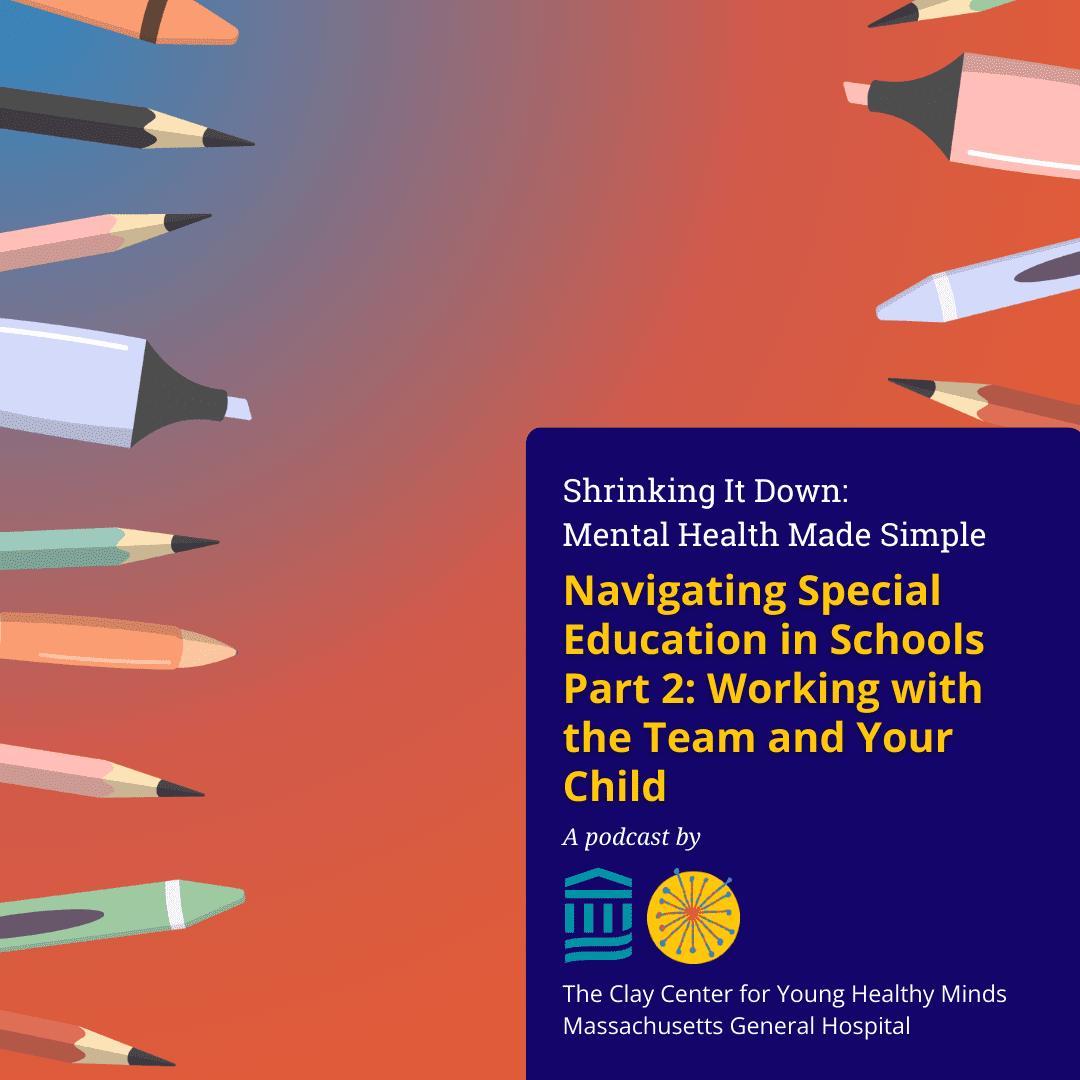
This is the first blog post in a two-part series on navigating special education in schools. The focus of this first post is on general legal and practical tips for parents. The second post focuses on working with the IEP and your child.
A Letter to Those Struggling: Surviving a Severe Eating Disorder

Note: The following person’s account of his/her personal experience has been published with his/her consent to support the mission of The Clay Center for Young Healthy Minds, and let others in similar situations not feel so alone.
“Walking in Another Character’s Armored Boots”: How Role-playing and Therapy Intertwine
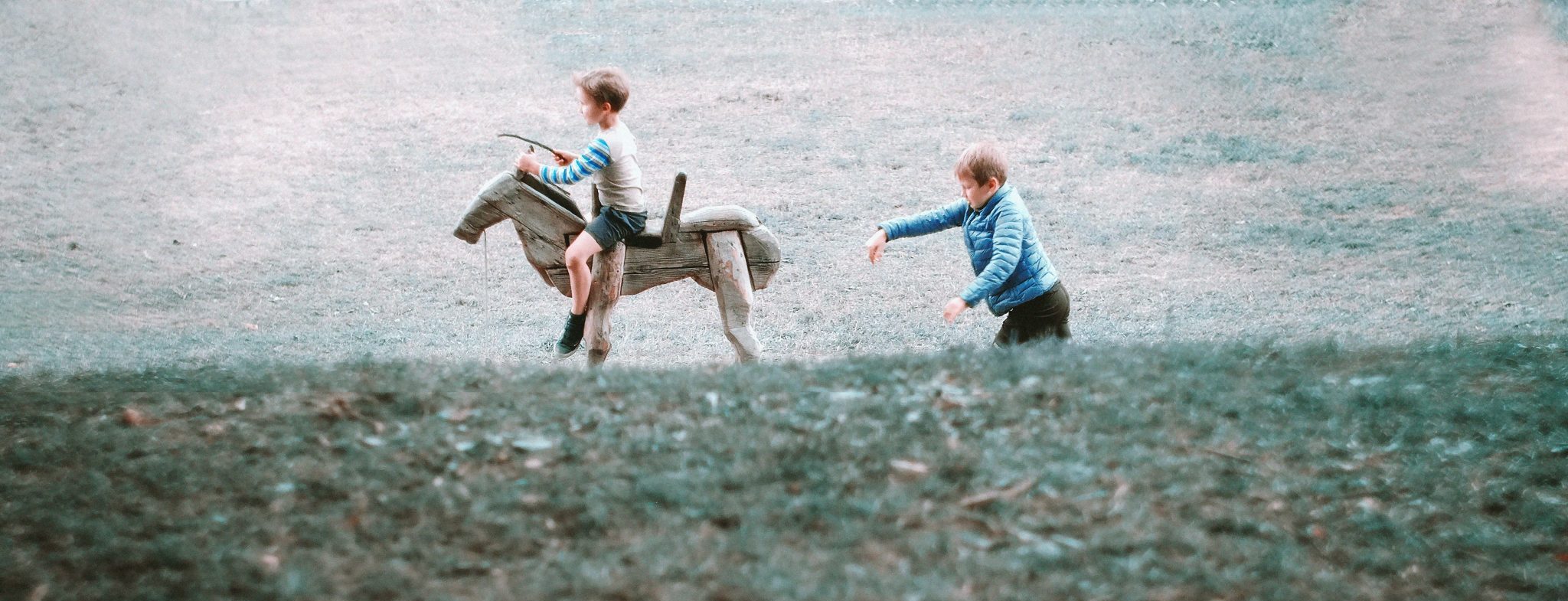
Role-play is one of the most basic ways we learn about how to interact with other people, our identity, the world we’re in, and our place in it. It’s something we almost universally do as children and frequently continue as adults.
The Youth Mental Health Epidemic: What Parents and Caregivers Can Do

In April 2024, I wrote an editorial in Academic Psychiatry with my colleagues indicating that the leadership of our field had fallen short in satisfying our moral, ethical and professional standards to promote efforts to address the mental health epidemic among our youth.
Mental Health Myths: BUSTED

Mental health myths can increase stigma and prevent parents and caring adults from taking important actions to support children and teens, even when the best intentions are there. Below, child and adolescent psychiatrists Gene Beresin, MD, MA and Khadijah Booth Watkins, MD, MPH share the truth about about nine common mental health myths.
Media Literacy and Mental Health, featuring Common Sense Media – Shrinking It Down
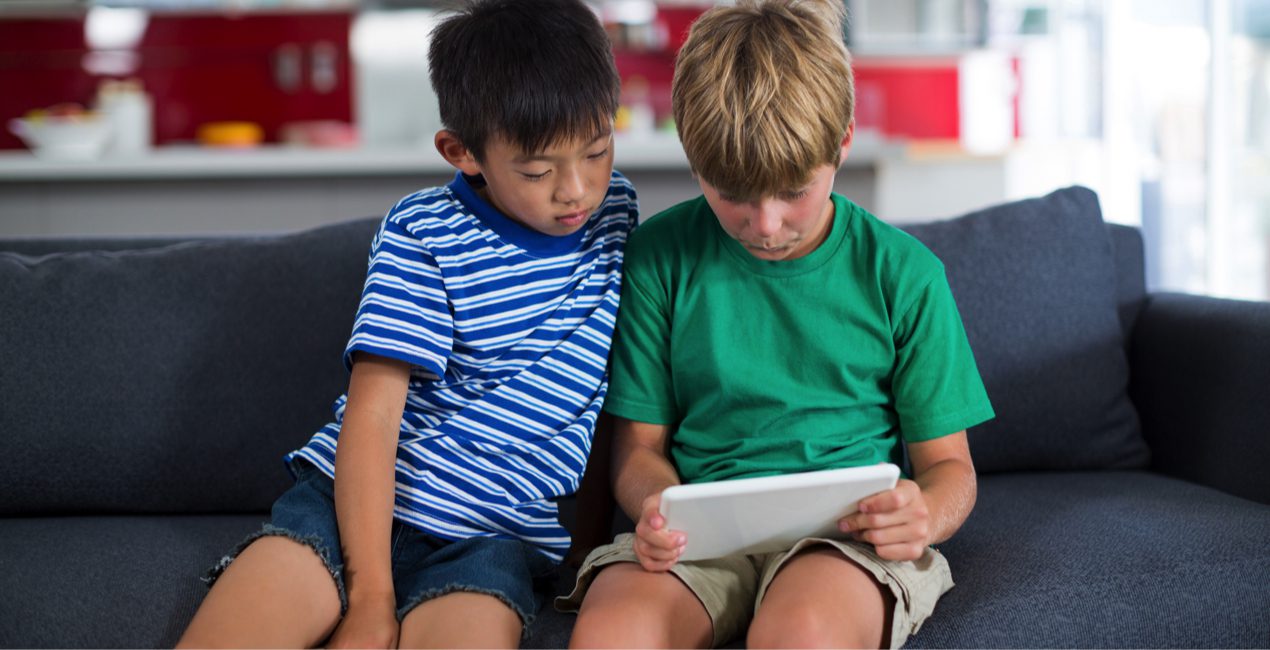
Today’s young people are spending more time online than previous generations, and many parents and caregivers worry about how social media is affecting their mental health, and emotional and social well-being. Strengthening social media literacy skills can help us all better use media as engaged and informed consumers.



